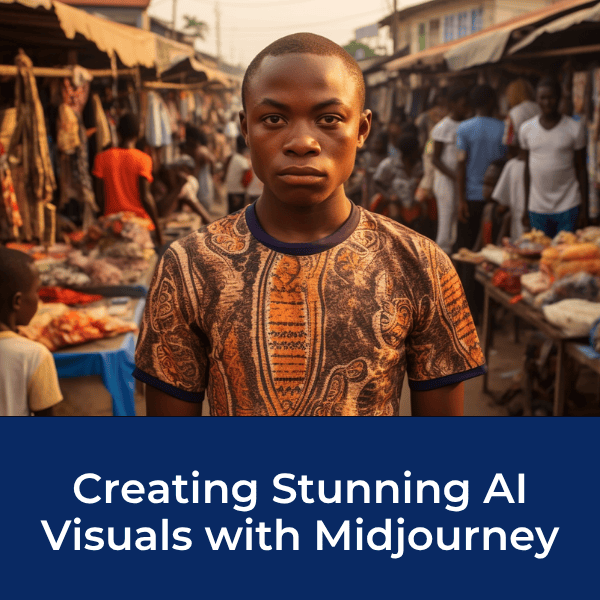Cost of Living vs. People's Income Confusion | Documentary Idea
by Caesar Buie
(New York)
After my engineering bachelor's degree, I started working in industry for a few years while paying for loans and debt. My family is having mortgage issues and will need my help to pay for a portion of the cost.
To make more money, I plan to get a higher paying job via graduate degrees and more experience. Some places I'm looking for to live are a lot more expensive than others, but this hardly helps me to assess the value of any future job offers (if any).
The US Department of Labor has ample data to show how much people can make via employment salary by time, location, and job title. I gathered some raw data tables for my engineering profession to see which states pay the most money for entry level vs. senior engineers (done).
I then decided to find some basic annual costs of living data for each state (not done). It became quite confusing to find a standard table of data for cost of living similar to the labor statistics.
I've been searching around several websites to find consistent and straight forward data to determine the cost of living/standard of living.
I notice that a COST OF LIVING INDEX and other indexes are easily available for the public.
"A cost-of-living index would measure changes over time in the amount that consumers need to spend to reach A CERTAIN utility level or STANDARD OF LIVING."
Our primary question to answer in this documentary is: What is the Cost of living for US citizens. What SHOULD be the Cost of Living?
"Standard of living refers to the level of wealth, comfort, material goods and necessities available to a certain socioeconomic class in a certain geographic area. The standard of living includes factors such as income, quality and availability of employment, class disparity, poverty rate, quality and affordability of housing, hours of work required to purchase necessities, gross domestic product, inflation rate, number of vacation days per year, affordable (or free) access to quality healthcare, quality and availability of education, life expectancy, incidence of disease, cost of goods and services, infrastructure, national economic growth, economic and political stability, political and religious freedom, environmental quality, climate and safety."
~http://en.wikipedia.org/wiki/Standard_of_living
Based on the above definition of the standard of living, there are several different units of measure that can only be quantified through normalization of data (playing with numbers).
It's very difficult to determine how much money a person is expected to have to live a life with full health care, relationships, finances, etc.
Questions for the documentary:
Where do economists and statisticians get their data for calculating the cost of living?
What would be the effect of revealing the true cost of living to the public?
How is the cost of living data used in politics and business?
How does the cost of living vary by location?
What corporations have the most employees that make 150K+?
How would revealing the true cost of living affect minimum wage?
How would the true cost of living being published by state legislature affect the median household income?
Is the true cost of living above or below minimum wage?
Who are the key institutions and individuals responsible for not clearly documenting the true cost of living?
How much do different people need to live and thrive?
One article inferences the cost of living to be $150,000.00 per year:
http://money.msn.com/family-money/article.aspx?post=c20e622f-9f80-4b2d-90fd-164ead94b9b1
What kinds of positions are available that make $150,000.00+ per year?
What are the barriers to reaching this level of income?
- Cultural, Communal, Tax, Psychological (beliefs), Environmental, (competitiveness), Scarcity
How often do people live without specific needs to meet their budget?
How does the cost of living compare with the poverty line?
How does the cost of living compare with different tax brackets or income?
Should there be a price cap on real estate housing?
What kinds of living expenses are out of control (How do you control it)?
Does the cost of living include school loans, credit cards, auto, and mortgage?
What percentage of income did people spend on their houses in the 1950s vs. 2013? (very different climate)
http://en.wikipedia.org/wiki/Cost_of_living_index
"In simpler terms, the true cost of living index is the cost of achieving a certain level of utility (or standard of living) in one year relative to the cost of achieving the same level the next year."
How do we know when we are paying too much or earning too little to survive?
Where should people draw-the-line on their minimum cost of living?
How much should people be expected to live-without to survive?
I predict there will be much clearer understanding of people's economic issues when the cost of living is clearly and openly discussed and standardized with raw market data and consistent political support.
http://www.hrmtoday.com/human-capital/compensation/whats-the-fuss-about-cost-of-living/
Another article discusses "Why the so-called rich don't feel wealthy"
http://money.msn.com/saving-money-tips/post.aspx?post=00000065-0000-0000-a5ab-1b0000000000
A lot of medical doctors that get out of school have loans that dwarf their income, even for the most highly paid professions. In addition to this, the culture of each occupation has different implied guidelines?
What are some solutions to better inform the public about their standard of living or cost of living?
~Include cost of living index broken down by occupation, time and geography
Create a website to calculate a person's cost of living index for their specific situation and compare by location and occupation.
~Find ways to demystify economic charts and graphs displayed to the public; making data comparable to laymen terms or dollars, minutes/hours, location, culture, etc.
This is my documentary idea. Commments/feedback welcome!
Comments for Cost of Living vs. People's Income Confusion | Documentary Idea
|
||
|
||
|
||
Ready To Make Your Dream Documentary?
Sign up for our exclusive 7-day crash course and learn step-by-step how to make a documentary from idea to completed movie!


















